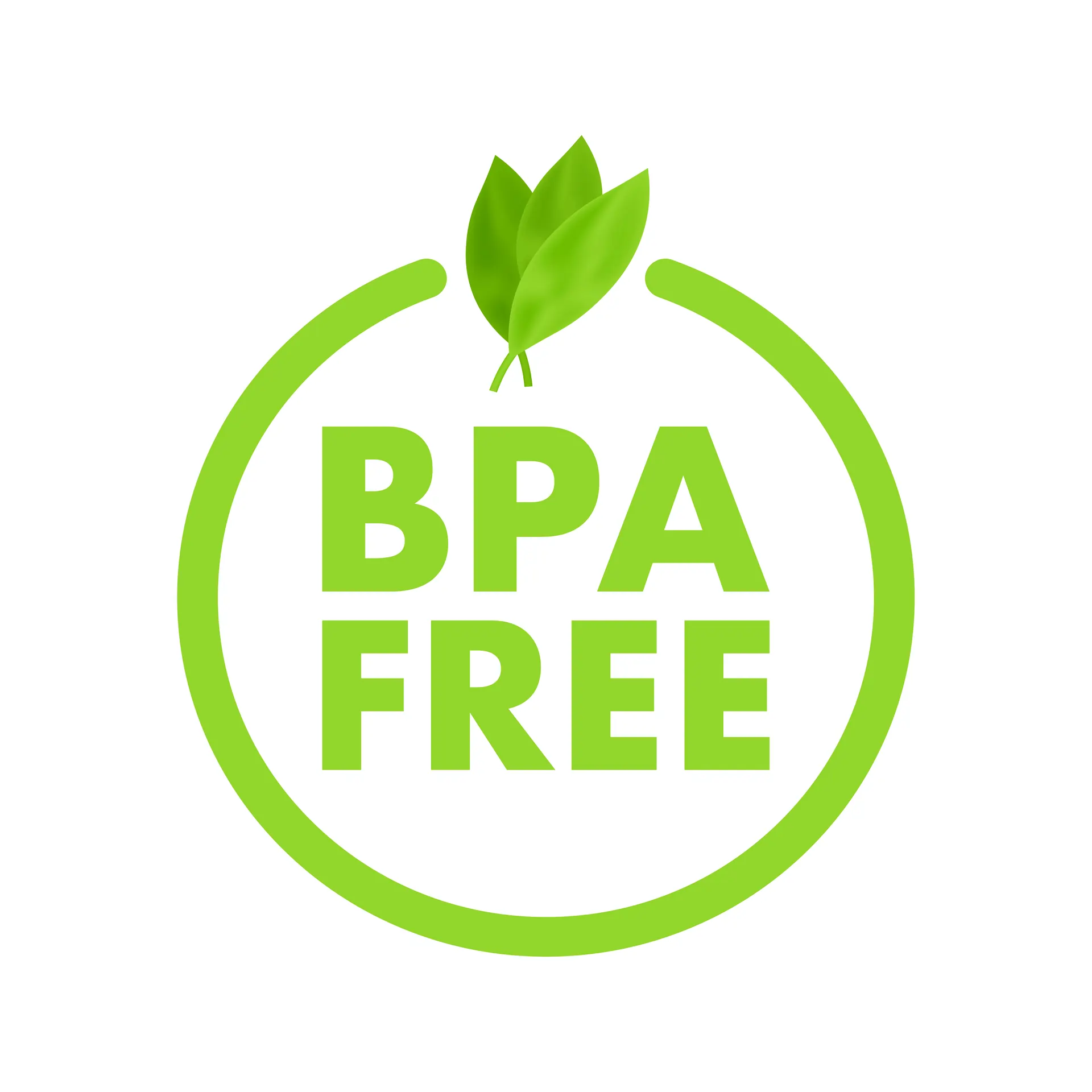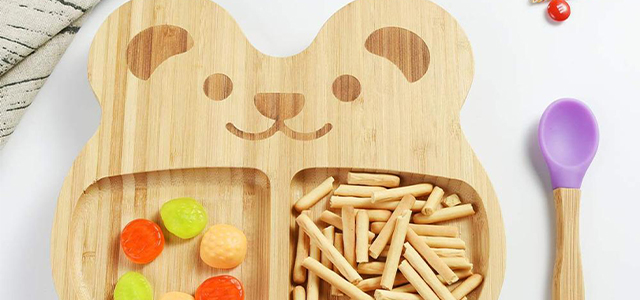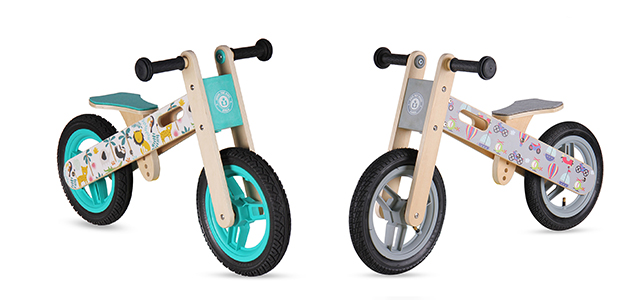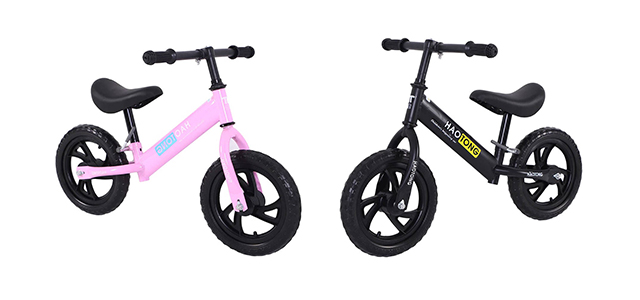
As parents, we are always looking for ways to keep our children healthy and safe. One area that we may not always consider is the type of utensils that we use to feed our children. Many plastic utensils are made with a chemical called Bisphenol-A (BPA), which can have negative health effects on young children. In this article, we will explore the reasons why it is important to use BPA-free utensils for kids.
BPA is a chemical used in the production of some plastics and can be found in a variety of products, including baby bottles, sippy cups, and utensils. BPA is known to mimic the hormone estrogen, which can cause a range of health problems, particularly in young children. Some of the negative health effects of BPA exposure include developmental problems, behavioral issues, and increased risk of obesity, diabetes, and cancer.
Young children are particularly vulnerable to the negative effects of BPA exposure. Infants and toddlers have a higher intake of food and drink relative to their body weight, which means that they are more likely to be exposed to BPA than adults. Additionally, young children’s bodies are still developing, which can make them more susceptible to the negative effects of hormone disruption caused by BPA.
Fortunately, there are a variety of BPA-free utensils available on the market today. BPA-free utensils are made from alternative materials, such as silicone, stainless steel, or bamboo. These materials are safe for children and do not contain harmful chemicals that could negatively impact their health.
Using BPA-free utensils for kids is a simple and effective way to reduce their exposure to harmful chemicals. When shopping for utensils for your child, be sure to look for products that are labeled as BPA-free. If you are unsure about the safety of a particular product, do some research or consult with a trusted healthcare provider.
In addition to using BPA-free utensils, there are other steps that you can take to reduce your child’s exposure to harmful chemicals. For example, avoid using plastic containers to store food and drink, opt for glass or stainless steel instead. Additionally, try to choose organic foods whenever possible, as these are less likely to contain harmful chemicals and pesticides.
In conclusion, using BPA-free utensils for kids is an important step in protecting their health and well-being. By choosing safe, alternative materials for your child’s utensils, you can help to reduce their exposure to harmful chemicals and promote their overall health. Remember to always read product labels and do your research to ensure that the products you choose for your child are safe and free from harmful chemicals.


